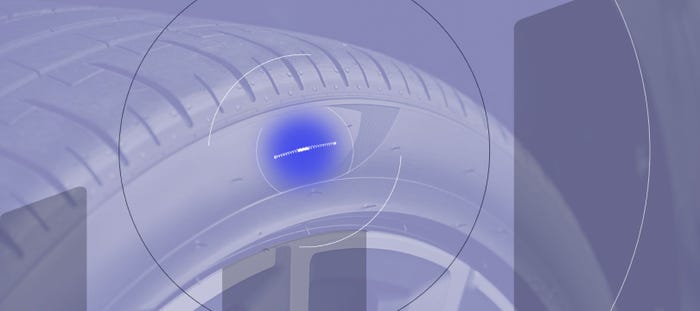China Approves Advanced Self-Driving Tests for 9 Automakers
The list of automakers includes several familiar names selected to test vehicles with Level 3 tech in designated areas of seven cities

Nine automakers have been selected by Chinese authorities to carry out testing of Level 3 self-driving cars as part of a national effort to accelerate the roll-out of the tech.
The news was announced by the Chinese Ministry of Industry and Information Technology (MIIT) after applications to take part in the pilot scheme were invited late last year.
Level 3 automated functionality is considered “hands off, eyes off” driving, although as per Society of Automotive Engineers guidelines, it requires a human driver to take over when required.
The list of automakers, all Chinese companies, includes a number of familiar names.
Among these are BYD, the Shenzhen-based firm that sold more electric cars globally than Tesla in the final quarter of 2023. Also included is Shanghai’s Nio, the high-end EV maker which has previously talked of starting U.S. sales in 2025.
They are joined by the state-owned Changan Automobile, SAIC and GAC, as well as BAIC BluePark, China FAW Group, SAIC Hongyan and Yutong Bus.
The approval means that the selected companies will be allowed to test vehicles equipped with Level 3 tech in designated areas of seven cities, including Beijing, Shanghai, Shenzhen and Guangzhou.
The pilot program is being run by MIIT in tandem with the Ministry of Public Security, the Ministry of Housing and Urban-Rural Development, and the Ministry of Transport, and will operate separately from previously issued L3 testing licenses awarded to individual companies – including, for example, BMW in Shanghai and Mercedes in Beijing.
Approvals were granted after a comprehensive selection process, in which a panel of industry experts and academics considered various factors, including the applicants’ vehicles’ suitability for mass production, automated functionality, testing history and safety provision.
The pilot has five stages, with the selection of participants only the first step. The next stage is for the automakers’ test vehicles to undergo further testing and safety assessments before being allowed out onto the roads.
Ultimately, the aim is for the pilot to assist in developing the vehicles for mass production, as well as helping to generate data that will shape regulatory and technical standards nationwide.
In a statement, BYD welcomed its inclusion in the program, saying: “Being able to test for L3 technology is the starting point of autonomous driving.”
Despite the rapid development of automotive technology in China, currently the most advanced automated functionality commercially available is Level 2 rated driver-assistance tech, from the likes of XPeng and others.
Globally, Mercedes has led the way in the rollout of Level 3 capability, with its Drive Pilot feature available on selected models in Germany, Nevada and California. BMW has also said it will be offered on the 7 Series in Germany in 2024.
Read more about:
AsiaAbout the Author
You May Also Like








